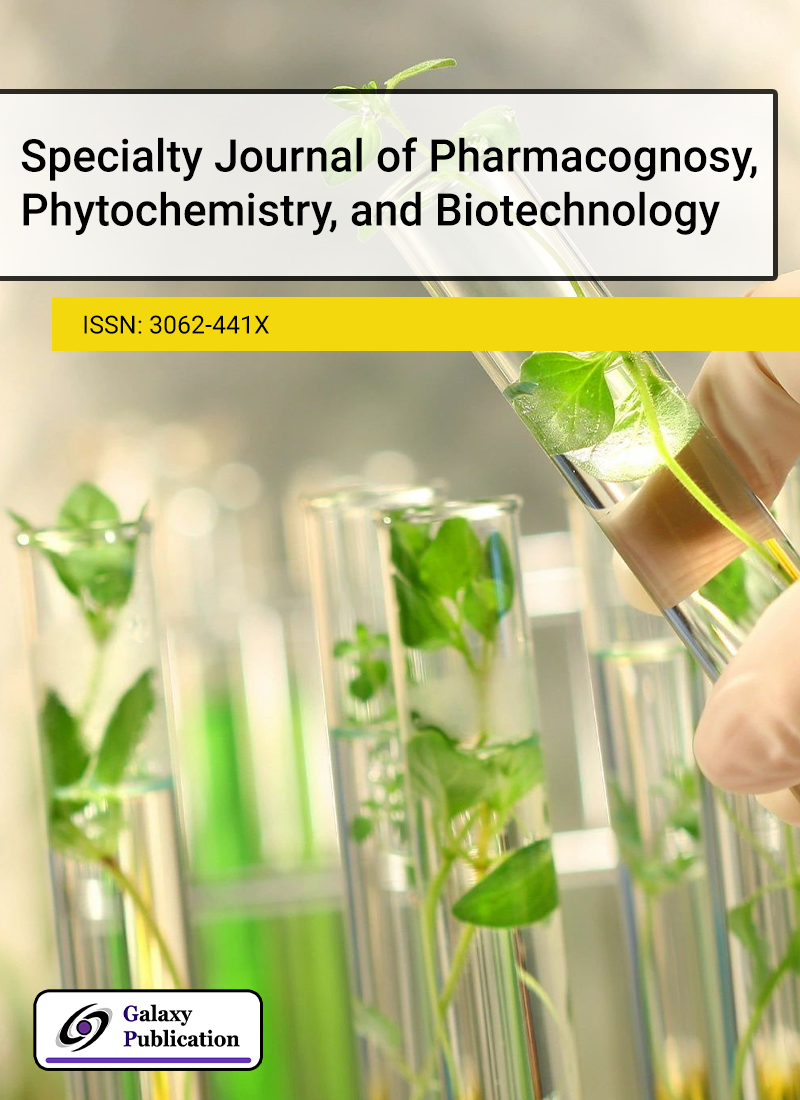
Prostate cancer (PCa) is the most common type of cancer among men in developed countries. Despite the progress made in treatments such as surgery, radiation, and hormonal therapies, advanced-stage PCa still lacks effective management strategies. In response, alternative approaches, including dietary cancer-preventive agents, have gained attention, and medicinal plants are considered potential therapeutic options. Capparis cartilaginea (C. cartilaginea) contains various active compounds such as tannins, alkaloids, steroids, terpenoids, and flavonoids. This study aimed to investigate the cytotoxic effects of the ethanol extract of C. cartilaginea fruit on the 22RV1 human prostate cancer cell line. Observations under an inverted light microscope showed that exposure to the extract resulted in dose- and time-dependent changes in cell morphology and migration. The cytotoxicity was assessed using the MTT assay (3-(4,5-dimethylthiazol-2-yl)-2,5-diphenyltetrazolium bromide), while the effect on cell migration was assessed through a wound-healing assay. After 72 hours of treatment, the MTT assay showed a significant cytotoxic effect, with a concentration of 0.088 ± 0.031 μg/mL of the extract. Morphological changes in the cells post-treatment indicated that the extract induced substantial cell death, which increased with higher concentrations. These results suggest that the ethanol extract of C. cartilaginea fruit may be promising as a potential treatment for prostate cancer.